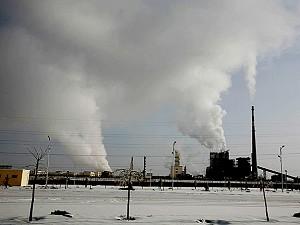CHINA—HSK (Hanyu Shuiping Kaoshi) is a national-level standardized test, designed and implemented by Beijing Language and Culture university, that assesses the Chinese language proficiency of non-native speakers such as foreigners, Chinese people living outside of China, and Chinese ethnic minorities. As of the end of 2006, a total of 1.3 million people have taken the HSK.
The HSK is similar to TOEFL (Test Of English as a Foreign Language) and GRE (Graduate Record Examinations) used in the U.S.
A revised version of HSK will be launched in 2007 to meet the needs of students outside of mainland China.
According to reports from China’s state-run Xinhua News Agency and China News Services, Sun Dejin, director of the Beijing Language and Culture University, announced at a press conference on December 21, that in April 2007 the revised HSK will be ready for implementation. The new version emphasizes language comprehension and verbal communication skills.
In addition, improvements will be made to the HSK grading system, which is too detailed. The currently used 11 grades will be reduced to three: elementary, intermediate, and advanced and oral and written abilities will be graded separately.
It was reported that after many years of development, HSK testing centers have been set up in more than 30 countries. To make it easier for university admissions departments and prospective employers to evaluate the authenticity of HSK certificates and results, testing centers plan to launch an “HSK verification system website.”
It was reported that since China became a member of the World Trade Organization in 2001, the number of people taking the HSK has increased by 30 percent per year. According to China’s official data, at present there are more than 10 million foreigners learning the Chinese language. Experts estimate that actual figures could be even higher.



